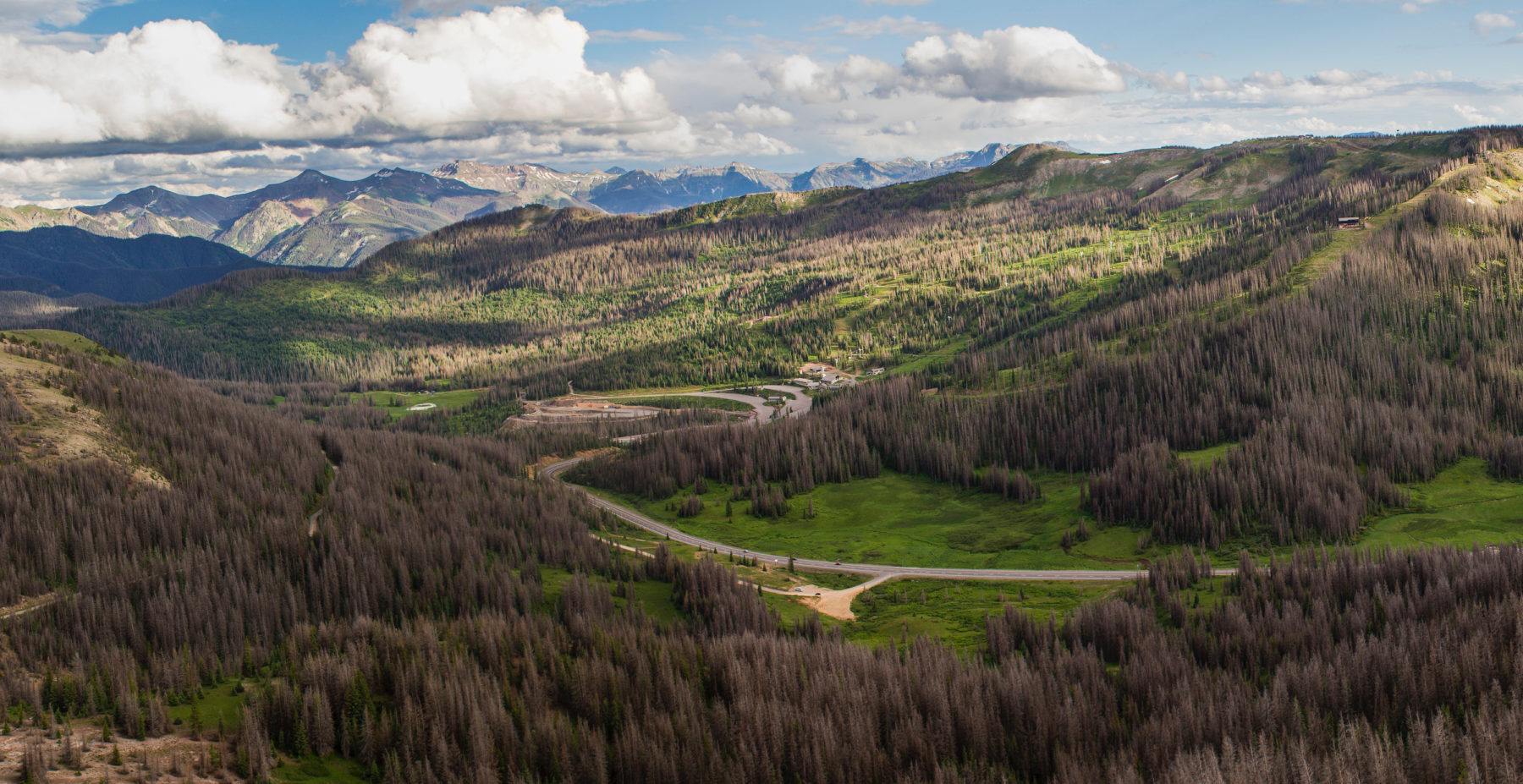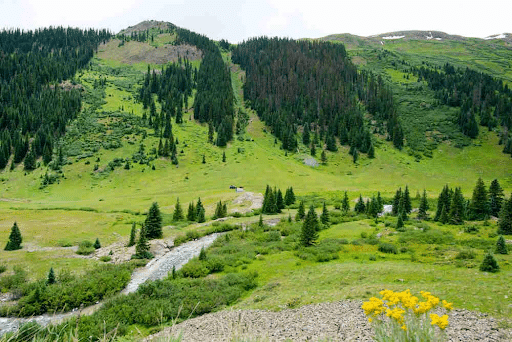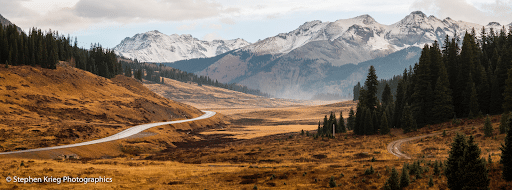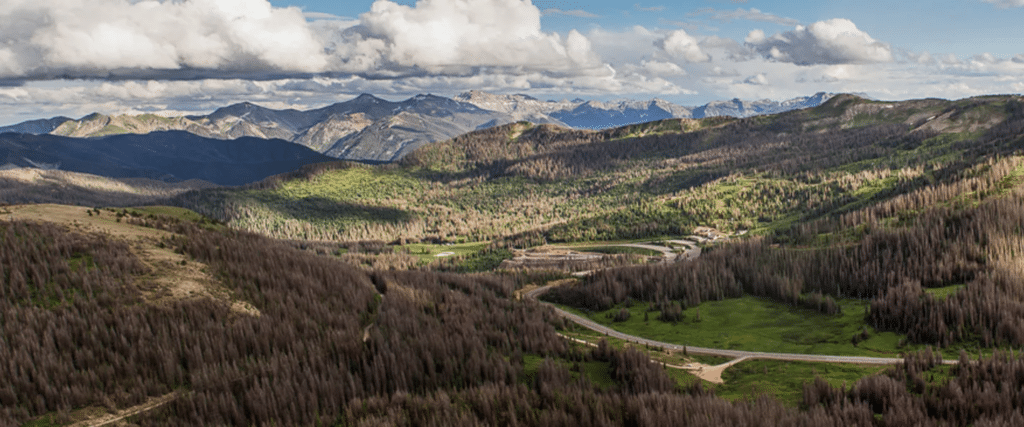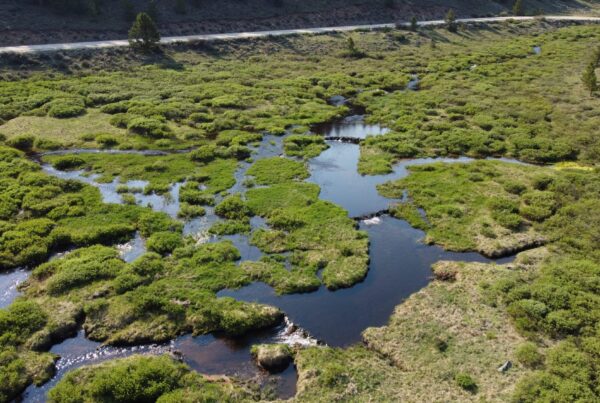TAKE ACTION: PROTECT COLORADO'S WATERWAYS
The comment window for this action alert has closed.
Thanks for your interest! To stay involved and receive updates, please sign up for our emails.
Protect critical wetlands in Colorado! Support Colorado’s new bill “Regulate Dredge and Fill Activities of State Waters” (HB24-1379).
We need your voice to help ensure that the clean water our communities and environment depend on is protected.
What's the issue?
Last week, Speaker of the Colorado House Rep. Julie McCliskie, Sen. Dylan Roberts, and Rep. Laren McCormick introduced HB24-1379, to “Regulate Dredge & Fill Activities in State Waters.” If passed, this bill would restore essential protections to Colorado waterways that were lost following the Supreme Court decision (Sackett v. EPA) last year. Coloradans must take action and urge state lawmakers to protect wetlands and streams throughout the state.
What's the history?
Last year, the Supreme Court overturned decades of environmental protections for waterways that are essential to Colorado’s citizens’ access to clean water and healthy ecosystems. Following the decision, the Clean Water Act was amended to no longer protect streams and wetlands that were included under federal jurisdiction for 50 years.
Why is it important to protect these waterways?
The role of healthy, functioning wetlands and ephemeral streams throughout the Western Slope of Colorado is essential to both environmental health and community vitality. Wetlands function as natural filtration systems that ensure downstream quality for drinking water, recreation, and agriculture use. The spongy soils that compose a wetland serve as naturally distributed water storage, storing water during wet periods and slowly releasing it during dry spells. Wetlands are the most biologically diverse ecosystems in the world and support more than 90% of Colorado’s wildlife use. Large and healthy wetlands systems also serve as wildlife refuges during wildfire occurrence, as large wetlands function as natural fire breaks along the landscape. Following wildfire occurrence and heavy precipitation events, wetlands reduce flooding impacts by absorbing excess water and storing it within their soils.
Seasonal streams are equally essential to providing benefits to clean and dependable water in Colorado. These systems support recharging the groundwater table that supports year-round streams, as well as sustains habitat for terrestrial and aquatic species. As a headwater state, we must secure the future of clean and reliable water supply for our communities, industries, and the environment.
What is the proposed solution?
We are urging Colorado residents to contact their legislators and express their support of HB24-1379, a bill to “Regulate Dredge & Fill Activities in State Waters.” Our elected officials must understand the importance of prioritizing strong stream and wetlands protections by hearing directly from their constituents.
What can you do?
We encourage you to contact your state legislators and support the newly proposed bill HB24-1379.
Here are ways to contact your legislators:
Colorado House of Representatives District 59:
- Counties: La Plata, Archuleta, Montezuma, San Juan
- Representative: Barbara McLachlan
- Email: barbara.mclachlan.house@coleg.gov
- Capitol Phone: 303-866-2914
Colorado State Senate District 6:
- Counties: Alamosa, Archuleta, Conejos, Costilla, Dolores, La Plata, Mineral, Montezuma, Montrose, Ouray, Rio Grande, Saguache, San Juan, San Miguel
- Senator: Cleave Simpson
- Email: cleave.simpson.senate@coleg.gov
- Capitol Phone: 303-866-4875
If you live outside of these districts and would like to contact your legislators, use the Find My Legislator map to find their contact information.
Talking Points:
- Fully protecting all of Colorado’s critical bodies of water
- Holding developers accountable and ensuring the permitting process is transparent
- Establishing a Colorado permitting program to provide certainty for the protection of these waters that don’t change at the whims of each new presidential administration
- Ensuring these rules can be enforced to protect Colorado’s wetlands and streams by adequately funding the program
Examples of Waterways with No Regulatory Protections:
Questions?
Contact Animas Riverkeeper Sara Burch at sara@sanjuancitizens.org.

